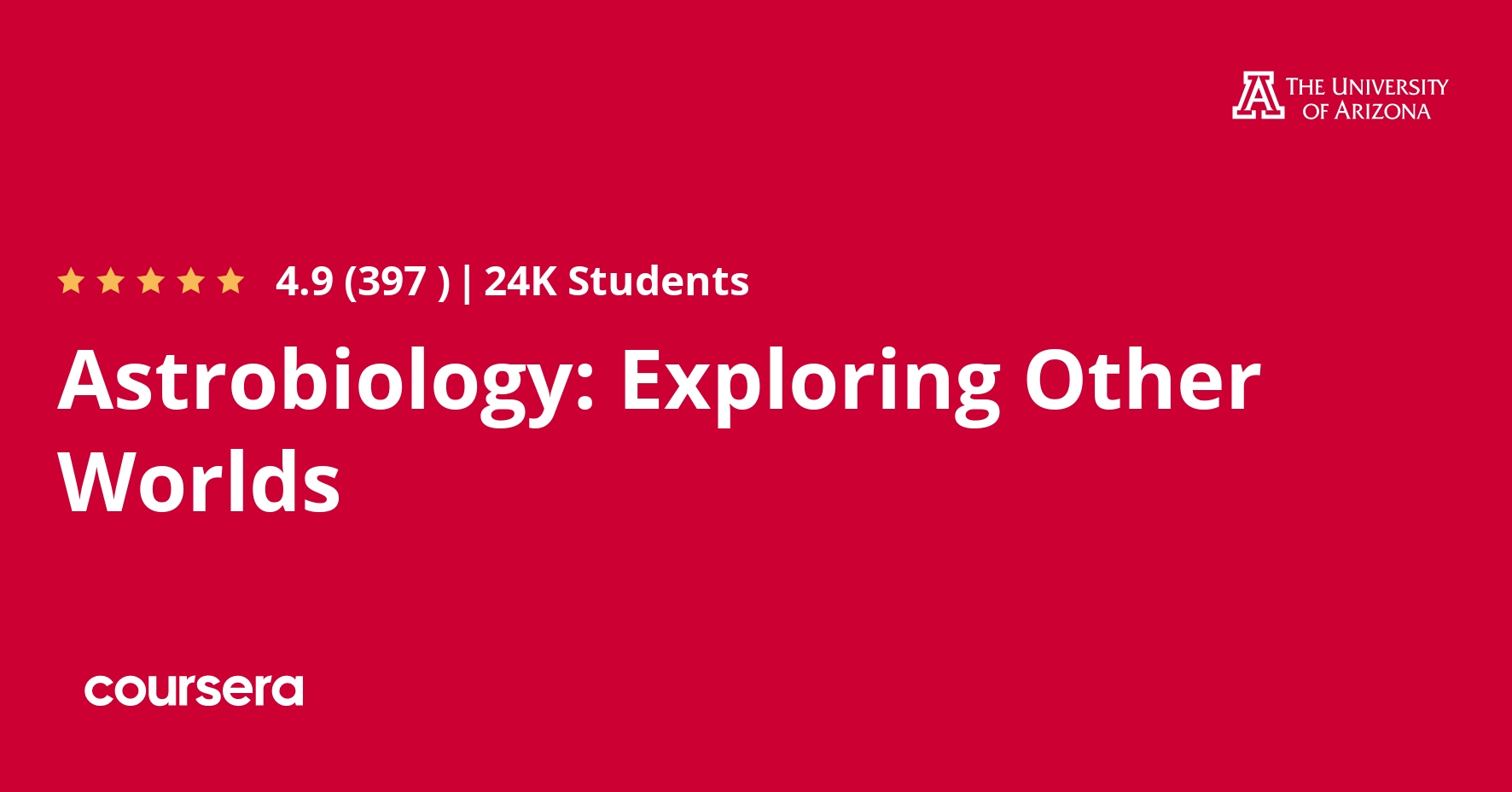Description
How are astronomers approaching their search for life in the universe? What have we learned from the surge of exoplanets discoveries? How likely is it that Earth does not host the only life in the Universe? In this course we explore the field of astrobiology, an emerging multidisciplinary field. Progress in astrobiology is driven by telescopes on the ground and in space, and by new insights on how life emerged on Earth and its diversity. The topics in this course range from the science of how exoplanets are detected, to the chemistry that supports the argument that the ingredients for life are common in the Universe.
We will follow the analyses of experts in chemistry, astronomy, geology and archaeology to build a strong foundation of understanding. By the final assignment, students will be equipped with the knowledge necessary to identify what makes a planet habitable, and how likely it is that life exists there. Students will graduate from this course informed about one of the most exciting fields in all of science, and ready to discuss the current exoplanet news stories and discoveries.
What you will learn
Planets in the Solar System and Beyond
Students will learn about planet formation by examining our own solar system and how these basic principles apply to exoplanets (planets around other stars).
Hunting for Exoplanets
Students will learn about how astronomers look for planets around other stars, why it is so difficult to find them, and what we can learn about the properties of planets from each detection method.
Habitability
Students will learn about the features of stars and exoplanets that might promote the development of life outside of Earth.
Life
Students will learn about the biological history of Earth, how life can develop and thrive in extreme conditions, and where else in the universe life might exist.




